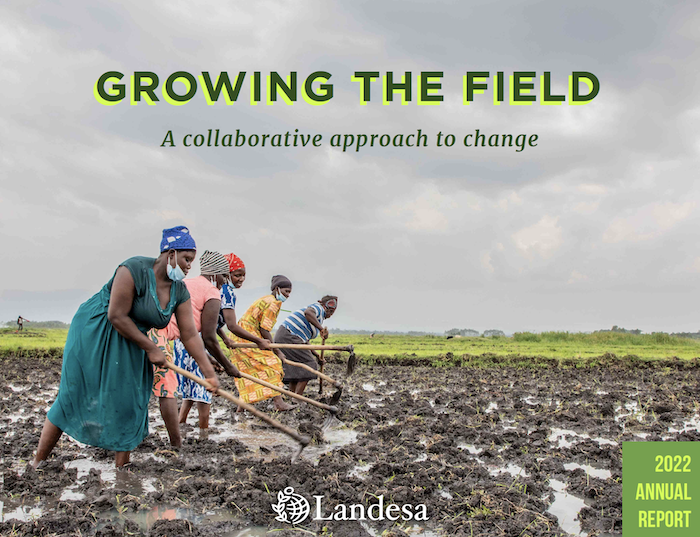The Africa Region Technical Workshop brought together a diverse group of stakeholders to discuss the progression from pilot projects to nationwide land registration across Sub-Saharan Africa. The workshop aimed to facilitate knowledge exchange, enhance South-South cooperation, and examine…
The Africa Region Technical Workshop gathered a diverse range of stakeholders to discuss the shift from pilot projects to nationwide land registration in Sub-Saharan Africa. The workshop aimed to encourage knowledge sharing, strengthen South-South cooperation, and explore innovative solutions to…
The session examined the intersection between women’s land rights and climate change, focusing on how secure land tenure for women contributes to a more sustainable and resilient planet. A framing presentation provided by Ruth Meinzen-Dick from IFPRI set the stage by highlighting the latest…
The session explored sustainable financing mechanisms for land registration and land administration, emphasizing the integration of financing into the program cycle to enhance implementation. It commenced with an overview of the session's objectives, underscoring the significance of…
The session explored strategies and tools for urban land management that are risk-informed, addressing challenges of uneven urban development, inadequate land tenure security, climate change, and disaster risks. Emphasizing the interplay between the natural and built environments, the discussion…
The session examined innovative approaches to empower rural and Indigenous women through secure land rights, emphasizing the vital role of women in climate mitigation and adaptation. It highlighted the persistent barriers that women face in land ownership and control, which impact their economic…
The session explored strategies to curb informal urban expansion by involving rural councils in proactive land pooling and subdivision, highlighting approaches from diverse global contexts. The discussion opened with Shlomo Angel's presentation on "Laying out the urban periphery before…
Le p<a href="https://www.foncier-developpement.fr/wp-content/uploads/Regards-sur-le-foncier-13_Co… ouvrage</a> s’inscrit dans le cadre d’un…
Informal Land Subdivisions And Their Effects On Spatial Development In Peri Urban Areas:The Case Of Kichangani Suward In Kigamboni Municipality, Dar Es Salaam, Tanzania
Land rights are ascendant across the development sector. Movements addressing women’s empowerment, poverty, social justice, food security and climate change are all increasingly turning to land rights to strengthen their cause. In 2022, renowned philanthropist MacKenzie Scott joined these…
BackgroundStudies which have been conducted so far have focused on the processes of land use/cover changes in different areas at regional and global scale. Little is known about factors that influence land use/ cover dynamics at finer scales such as Melela ward in Mvomero district, Morogoro,…
Context and background Residing in areas of flood risk informal settlements is more or less normal among low-income households in most cities of the developing countries. While living in such settlements present challenge to quality of life, many among the urban poor offer these…




